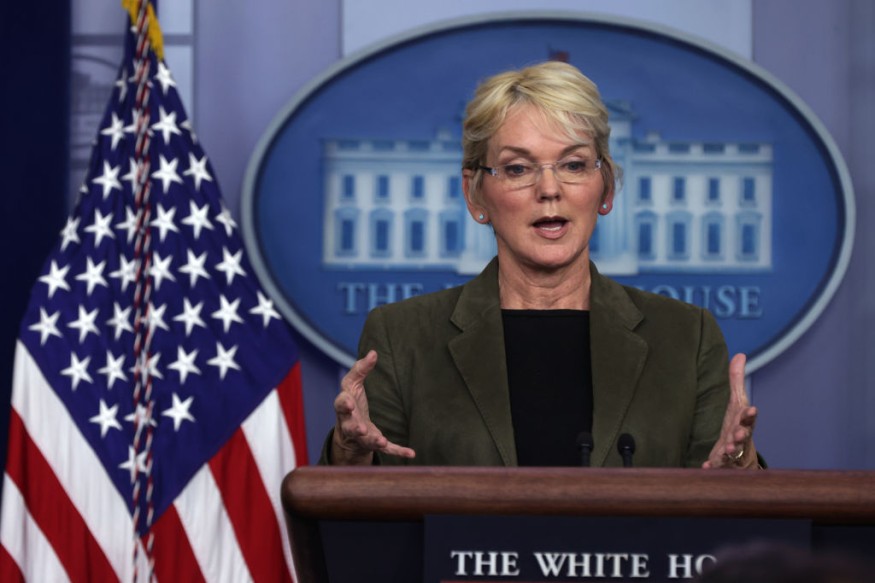U.S. Speaks on 'Real Concerns' Regarding Mexico's Energy Plan During Energy Secretary's Visit

During talks with top Mexican officials this week, U.S. Energy Secretary Jennifer Granholm said on Friday that she had frequently raised concerns about the risk to investors of Mexico's plan to tighten state control of the energy market.
U.S. Energy Secretary Visits Mexico
On a visit to Mexico City on Thursday and Friday, Granholm met with President Andres Manuel Lopez Obrador and top members of his Cabinet, including Energy Minister Rocio Nahle, to discuss the Mexican power market proposal.
The Biden-Harris administration expressed its real concerns about the possible negative impact of Mexico's proposed energy changes on U.S. private investment in Mexico, according to a statement from Granholm.
"The proposed reform might further obstruct coordinated sustainable energy and climate efforts between the United States and Mexico."
North America's competitive energy markets, according to the Energy Secretary, should be maintained, Reuters reported.
Granholm had been assured that Mexico is dedicated to supporting sustainable energy and resolving current energy project problems within the rule of law.
Officials, politicians, and business leaders say in private that they believe Lopez Obrador's power market initiative will be watered down, but it is uncertain how much or whether it would be enough to restore bruised investor confidence.
As AMLO answered questions about the discussions with Granholm, he said his government will deal with future energy problems with companies "case by case."
Last year, Lopez Obrador announced a constitutional reform to give the government more control over the electricity market, claiming that it was a matter of national security and that previous governments had manipulated the market in favor of wealth creation.
ALSO READ : 21 People Killed in Mexico in Just 24 Hours Amid Bloody Turf War Between Mexican Drug Cartels
The reform proposes giving the Commission Federal de Electricidad (CFE) control of half of the power market and putting it in charge of establishing private generator arrangements.
The bill would also put the state in charge of future lithium extraction and eliminate energy regulators, putting them under the control of the Energy Ministry and the CFE.
The president, a leftist resource nationalist, has frequently portrayed his hostility to foreign and private involvement in the energy industry as part of his fight against corruption.
Responding to potential disputes, he stated, "We were talking about all this, and (Granholm) understands that our purpose is to eradicate corruption from our country as well as showing our openness to discussion, and to proceed case by case."
He admitted that "a small number" of companies from both the United States and Canada have complained, but he did not name any of them.
According to Granholm, Mexico has so much renewable energy potential.
If fully realized, the Mexican state could power the country at least ten times over, creating millions of jobs, and build an export economy that would cater to a world that is looking for clean energy solutions.
Mexican Finance Minister Rogelio Ramirez de la O stated at an event with the secretary that Mexico would collaborate with the rest of North America to attract manufacturing investment from Asia across the Pacific and lower trade deficits.
After Granholm's meeting with Lopez Obrador, Foreign Minister Marcelo Ebrard announced on Twitter that an "agreement" on clean energy in North America will be established.
READ MORE : 'Encanto' Song 'We Don't Talk About Bruno' Overtakes 'Frozen's' 'Let It Go' as Top Disney Animated Hit Song
This article is owned by Latin Post.
Written by: Jess Smith
WATCH: Secretary Granholm Highlights the Benefits of Geothermal Energy at GRC 2021 - from U.S. Depertment of Energy
Subscribe to Latin Post!
Sign up for our free newsletter for the Latest coverage!

















